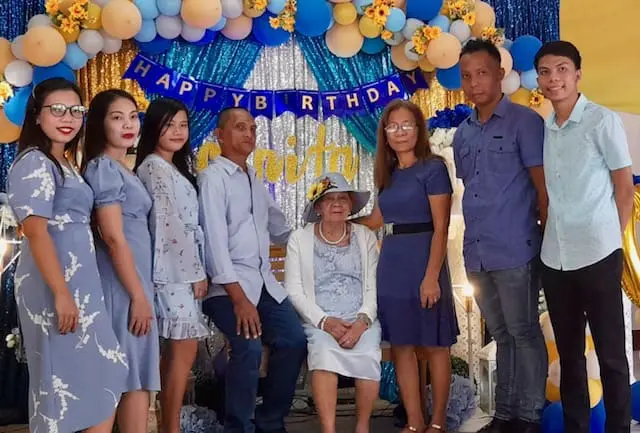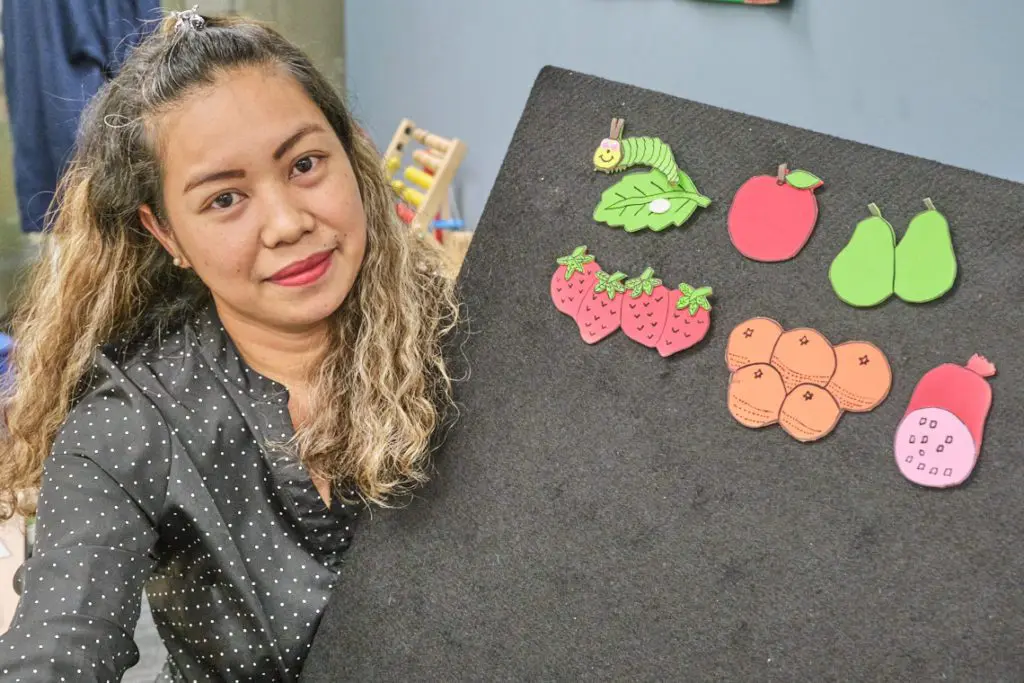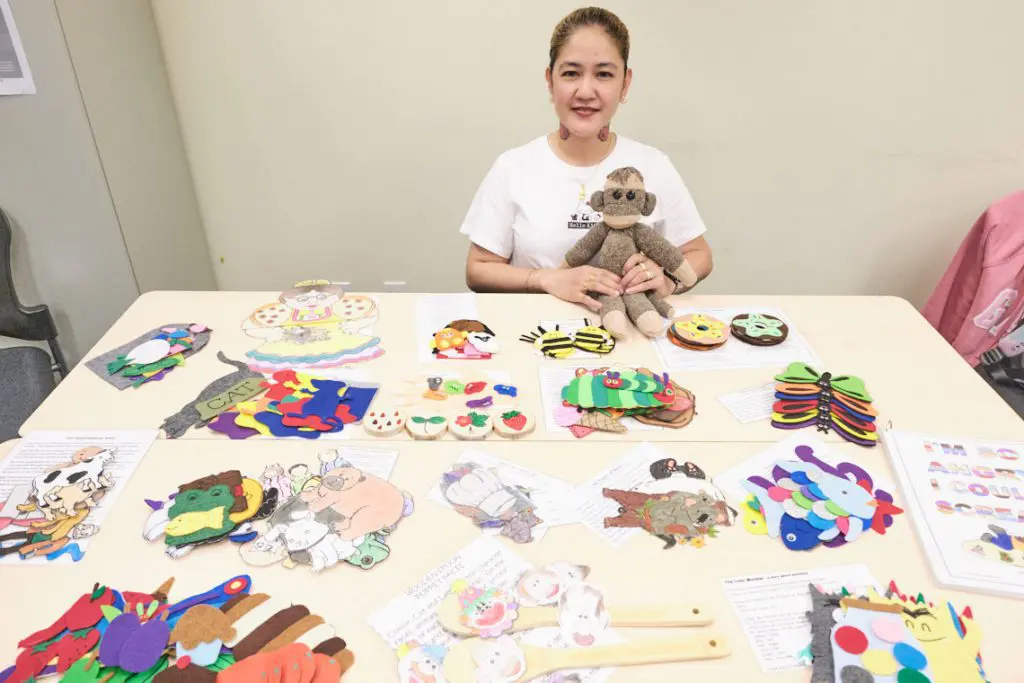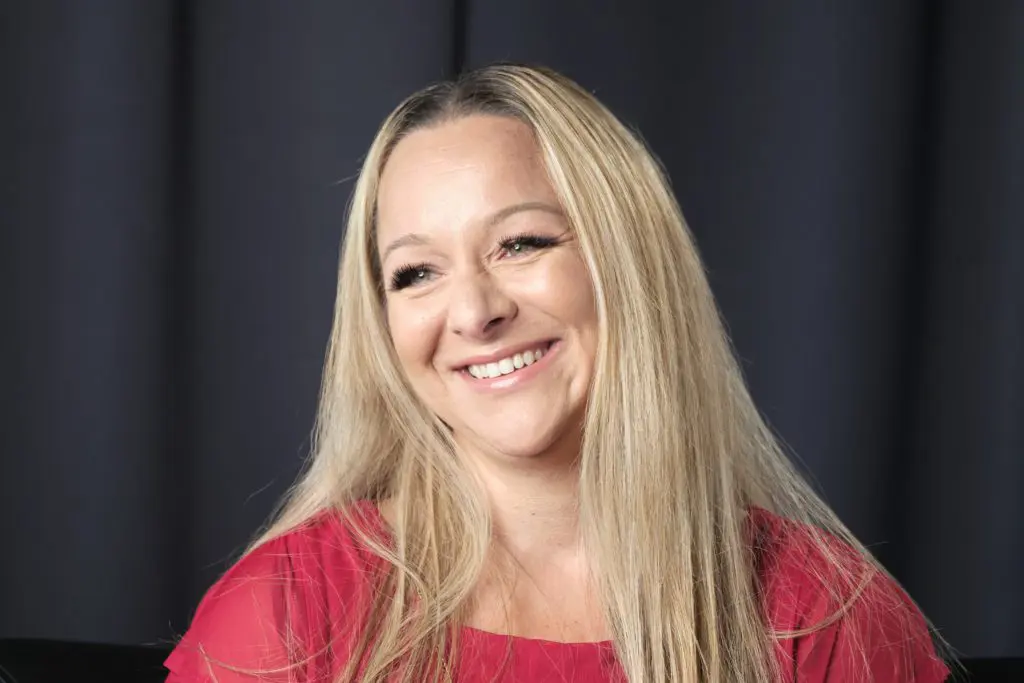Facilitating group work is something everyone taking early childhood education training courses and receiving educational assistant training will have to do at least some of the time when they are working with children. Group work gives students a chance to help accomplish something just one of them alone would not be able to. It also makes it possible for kids who don’t participate that much in class to get more involved.
As it is a crucial part of a child’s education, it’s important to do it right. Here are some tips to help you facilitate group work in an early childhood education milieu:
Getting Started: Introductions and Establishing Roles
Working in groups is an exercise that teaches children social skills as much as it teaches them to accomplish whatever task they are charged with completing. Therefore, it is important that before they get started, they introduce themselves to each other.
Not only that, they should say a little bit about themselves. Steve likes riding his bike, Jenny’s mom works as a healthcare assistant, Toby has a pet cat named Snowball.
Before starting, it is also essential that the educator makes it clear to each student what the project entails and establish a role for everyone. Each child should know exactly what they are supposed to do and how their task fits into the overall project.
One student should be given the responsibility of ensuring that his or her classmates keep doing what they are supposed to be doing, as you cannot be supervising all workgroups all the time. It’s a good idea to alternate the leadership role between exercises.
Equal Participation Means Everyone Learns
When assigning roles, it’s important to keep in mind that not all students learn at the same level or are capable of completing the same tasks. What a child is tasked with should be complimentary to their development and development potential.
It is important that each child feels as though he or she is participating. It is equally important that the other children understand that they are all part of a team and everyone’s job is important.
Resolving Conflicts
Regardless of the age of the participants or the type of the activity they are doing, conflicts will arise. It is possible to resolve conflicts between children working as a group and learning in a similar way to how you would resolve conflicts among adults. Techniques you could use include:
· Observing group dynamics
· Understanding what is behind disputes
· Mediating disputes
· Encouraging compromise
· Emphasizing shared views to help reconcile disputes
Maintaining Focus
Young children can become distracted. When one child loses focus, it can be detrimental to the whole group. Establishing clear tasks before the exercise can help limit this behaviour. A checklist for each group leading toward a reward or goal could also help. For younger children, symbols and images are a good replacement for text-based checklists.
Do you think you have the skills to inspire children to work well in groups?










